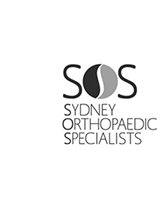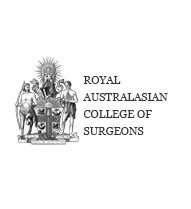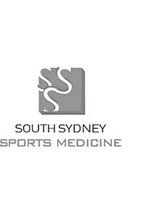Preparing for Surgery : : Preparing for Procedure
Preparing for Surgery & Procedure
Preparing for Surgery
Preparing for shoulder surgery involves several important steps to ensure the best possible outcome and a smooth recovery. Here are some tips:
- Prepare mentally and physically for surgery: Understanding the surgical journey and your role in it will help you recover more quickly and have fewer problems. Avoid shoulder stiffness prior to surgery where possible.
- Plan for post-surgery recovery: Depending on your situation, you may need to arrange for help at home, including help with daily tasks like cooking, cleaning, and personal care. You may also need to arrange for transportation to and from medical appointments. Put items that you use often at bench level for easy access. Remove trip hazards. Stockpile easy to reheat meals. Consider sleeping arrangements after surgery as lying flat may exacerbate pain. If surgery is going to be on your dominant arm, practice using the non-dominant side for tasks such as brushing your teeth and toileting.
- If you are taking aspirin, anti-inflammatory medications or warfarin or any drugs that increase the risk of bleeding you will need to stop taking them one week before surgery to minimise bleeding. If these are required for a cardiac condition, consultation with your cardiologist will help with timing for cessation, recommencing and alternate bridging medications.
- Quit smoking: Smoking can increase the surgical risks and slow down the healing process, impairing your recovery.
- Minimise the risk of infection: Have any tooth, gum, bladder or bowel problems treated before surgery to reduce the risk of infection later. Report any active infections to your surgeon. Surgery cannot be performed until all infections have cleared up. If you have pimples or grazes on the shoulder or elbow, these should be assessed before surgery.
- Eat a healthy diet: Eating a healthy diet can help support the healing process. Be sure to eat a balanced diet that includes plenty of protein, vitamins, and minerals.
- Manage stress: Managing stress before surgery can help reduce anxiety and promote healing.
Preparing for Procedure
If you are having Day Surgery, remember the following
Have someone available to take you home, you will not be able to drive for at least 24 hours.
Do Not drink or eat anything in the car on the trip home.
The combination of anaesthesia, food, and car motion can quite often cause nausea or vomiting. After arriving home, wait until you are hungry before trying to eat. Begin with a light meal and try to avoid greasy food for the first 24 hours.
If you had surgery on an extremity (leg, knee, hand or elbow), keep that extremity elevated and use ice as directed. This will help decrease swelling and pain.
Take your pain medicine as directed. Begin the pain medicine as you start getting uncomfortable, but before you are in severe pain. If you wait to take your pain medication until the pain is severe, you will have more difficulty controlling the pain.





